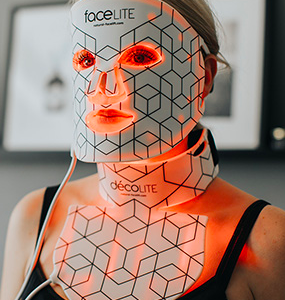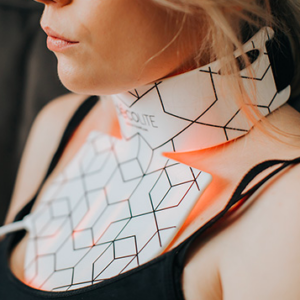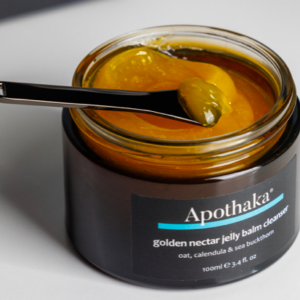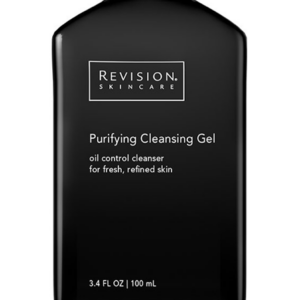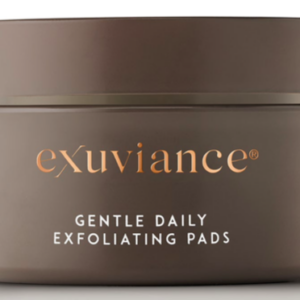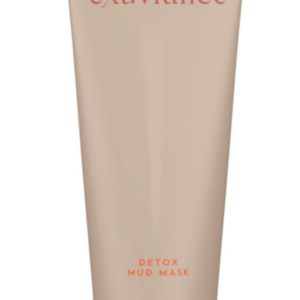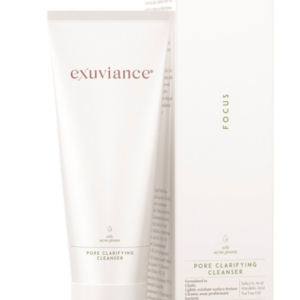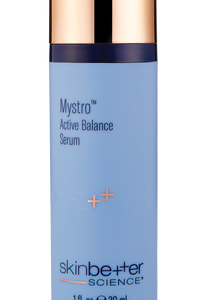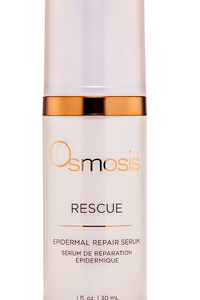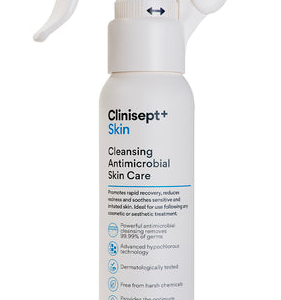Professional skincare advice for acne
Acne is a chronic inflammatory skin condition and affects around 80% of the population. There is no quick fix to treating acne skin. It’s important to know that there are many different aspects that affect acne and that may contribute towards a flare up.
I advise a 6–12-month timeframe to see progress in treating any skin condition and this can be ongoing.
I will advise treatment outside of my scope of practice if necessary and this could be in seeking treatment with a nutritionist for specific dietary support or a Doctor for systemic treatment.
It is crucial to try and catch the acne early on to begin treatment, lifestyle changes and to also help prevent long-term scarring to the skin.
What causes acne?
Acne usually will have a root cause that is internal and have various triggers.
Recommended Treatments for Acne
My go to for acne treatment is the Byonik Pulsed Laser, Skin Infusions and Skin Peels.
Recommended Products for Acne
Purity Clean
Obagi Clenziderm Pore Therapy
Osmosis Rescue MD
Skin Better Clearing Serum, Skin Better AlphaRet
Ultrasun nd Evy SPF

